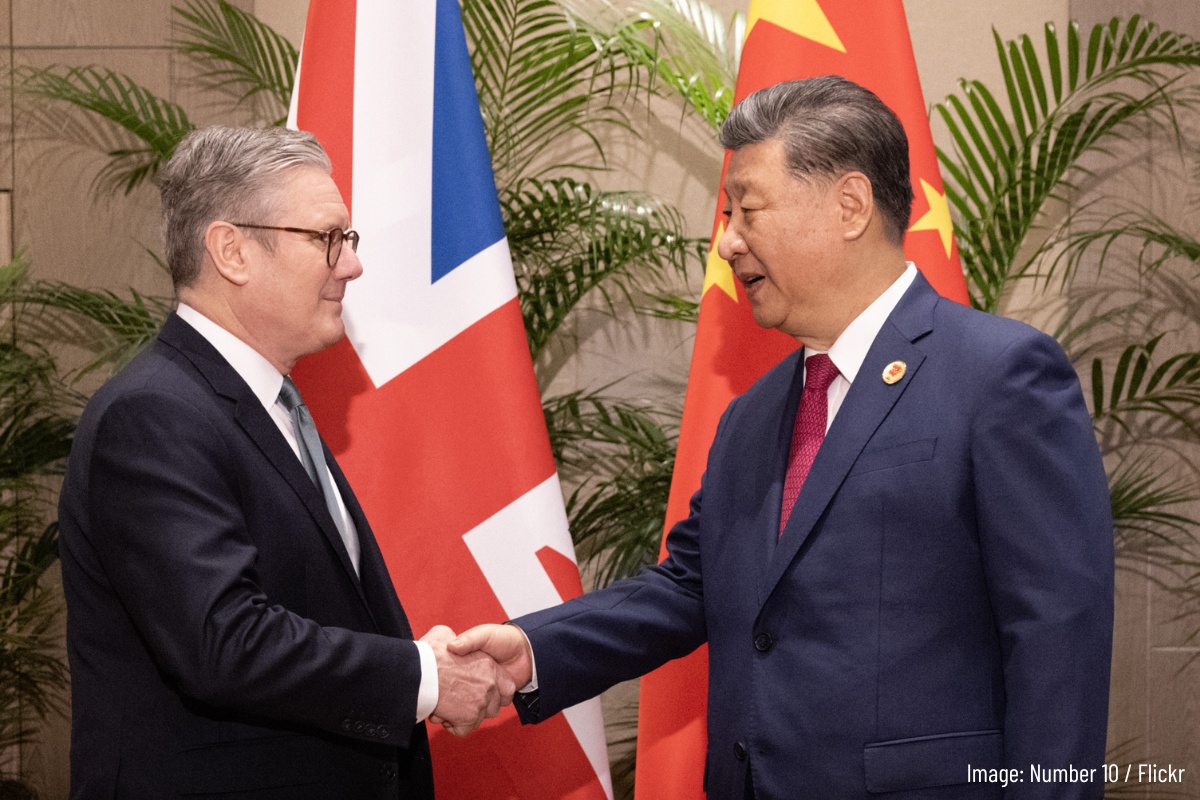The introduction of capitalism, accompanied by rapid industrialisation
over the last 30 years, has turned China into a seething cauldron of
discontent. Conditions faced by the workers, many of them migrants with
no rights, are similar to Victorian times in Britain. “Masses of
labourers, crowded into factories, are organised like soldiers”,
explained Marx and Engels in the Communist Manifesto, which is a fitting
description of working life in China today. The scene is being set for a
massive social explosion.
The introduction of capitalism, accompanied by rapid industrialisation over the last 30 years, has turned China into a seething cauldron of discontent. Conditions faced by the workers, many of them migrants with no rights, are similar to Victorian times in Britain. “Masses of labourers, crowded into factories, are organised like soldiers”, explained Marx and Engels in the Communist Manifesto, which is a fitting description of working life in China today. The scene is being set for a massive social explosion.
Unrest is already on the rise. Rampant inflation, especially food and house prices, as well as corruption, is causing deep resentment. These, combined with the brutal treatment of casual (migrant) workers are producing waves of discontent that have burst through to the surface. As official figures are unknown, a Beijing academic estimated the number of “incidents” in China – an official euphemism for strikes, protests and riots – at 180,000 last year, double the number of five years ago. This works out at 493 “incidents” every day.
Last month (June), in the southern town of Zengcheng, in Guangdong, known for its production of jeans and the pillar of China’s export industry, migrant workers took to the streets after security thugs manhandled a pregnant 20-year-old street hawker. Riot police fired tear gas to quell the revolt of thousands of factory workers, who set fire to government buildings, smashed police vehicles and clashed with the police. Witnesses said more than 10,000 protesters had besieged one government office in Zengcheng.
“There were thousands of people on the street, it was chaotic,” said one migrant worker as he watched the police lines. Some 6,000 police were deployed at the height. The following day, hundreds of police marched through the streets chanting in a massive show of force. While the city remained calm but tense, the police have encouraged migrant workers to inform on those involved in the riots in exchange for money and residency rights (hukou) but such actions were condemned as divisive.
“If you betray your compatriots for a local hukou, imagine the amount of hatred that will be directed at you,” said Zhiang Zhiru, an independent activist in Shenzhen.
Scenes of protest have become relatively common in recent times. Recently, in the eastern city of Yangxunqioa, workers protested over lead poisoning and demanded compensation from the government. Hundreds were prevented by riot police from boarding buses to go and present a petition to the authorities. In the central province of Hubei, protesters pelted police with eggs and bottles after the death in custody of a popular anti-corruption official. In April, lorry drivers went on strike and blockaded the port of Wusong in Shanghai in protest at rising diesel costs. Of course, the Chinese media carried almost nothing about the strikes.
China has about 153 million rural migrant workers. These workers have been deprived of residency rights, which grant access to education, healthcare and other social benefits. While they get better wages than those in the villages, their ill-treatment, and the gap between them and established residents, has bred widespread anger. With rising inflation eroding real wages, this discontent is spreading.
China’s totalitarian regime thinks it can suppress this by police repression. But they are simply building up the pressure in a political pressure cooker with no safety valve. In many ways, the situation is like Tsarist Russia before the February Revolution. At a certain point, the whole thing will explode. A revolution is not far off in China, which will shake not only Asia, but the whole world.






